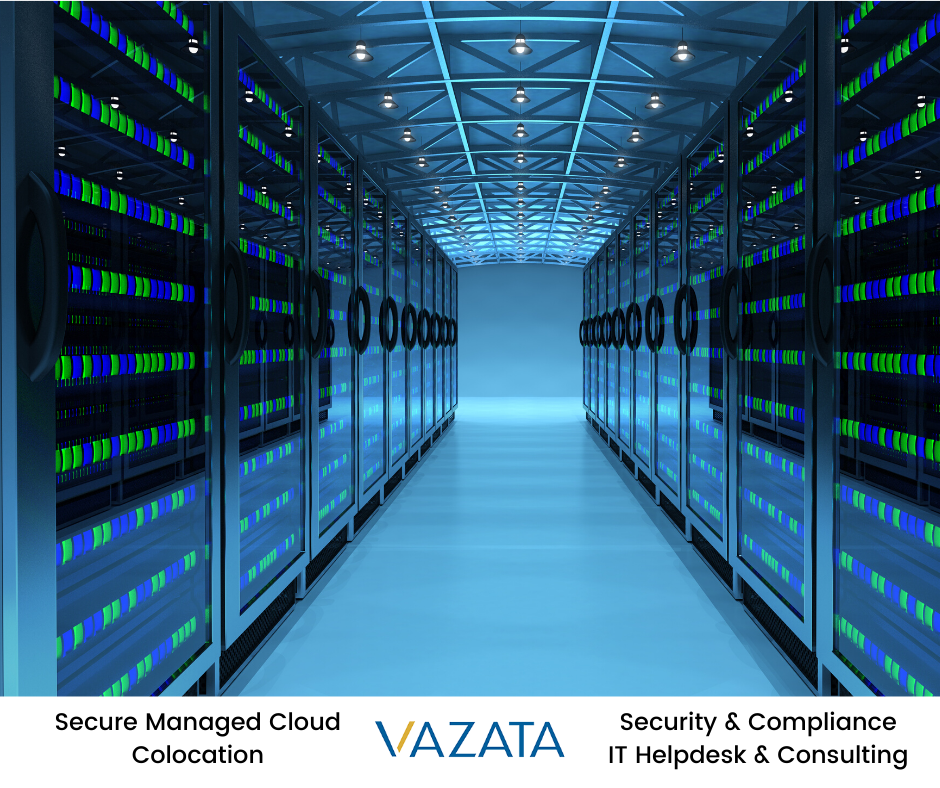The rapid growth of colocation is demanding a closer look at the bottom line for having your own in-house data center.

Data centers are an essential part of most businesses. Either you have an in-house data center or you use a colocation data center. As your company expands, you may be faced with the decision to keep running your own data center (which means equipment upgrades and adding staff) or whether to continue to use the colocation facility you have in place.
Data Center Investments
In the first half of 2017, data center investments brought in a total of $18.2 billion in both occupier/operator and investments, which was already more than double that of 2016. Over the past five years, the data center industry has brought in a more than 45 billion dollars in investments, and over 50 percent of that coming after 2016. This signifies the growth of the industry and its permanency.
While the growth is apparent in the data center industry, in-house data centers still show larger growth. In 2014, in-house data centers showed 68 percent of the whole, while 25 percent of businesses went with colocation, and 7 percent of businesses went with a public cloud.
The percentage of businesses with their own data centers is slowly decreasing because having to maintain your own data center can also be a pain. There are also many reasons why colocation can be a practical option or even a better option for some companies.
A primary reason for using a shared colocation facility can reduce a company’s cost for cooling and power. Colocation companies can usually get a better deal from internet providers than a single company can.
Other advantages of colocation and outsourcing include lower IT costs, with added resources for your servers such as specific IT professionals dedicated to solely manage servers, and a predictable monthly or yearly cost, more security, more support, and free maintenance.
Redundant power and internet connectivity are two advantages of colocation, helping to maximize your uptime. Colocation providers and data centers also stand ready for a power outage and a disaster than most businesses. Most facilities also provide exceptional security features, which many in-house data centers do not have.
Growth statistics show that many more businesses are recognizing the advantages of colocation. In 2015, the colocation market brought in $27 billion. That grew to $28.0 billion in 2016. Projections indicate revenue reaching $48 billion by 2021.
Reliability is what customers expect with little or no downtime, and only state of the art data management can ensure that. Colocation can deliver a highly reliable, physical location of a customized data center and free up operational resources to be used more efficiently. More companies are realizing the long-term benefits a colocation company can offer, saving money and time, while reducing the workload of their staff.
What businesses want most is the assurance of access to mission-critical applications while having the security and resources needed to keep business running securely.
VAZATA stands ready at all times to provide fully functional backups, recovery, restoration testing, and adequate redundancy of personnel and physical resources which all funnel into this concern. By leveraging a good data center provider and the managed services, skills, and security that go along with it, business leaders can be more confident of smooth running operations. Contact us to learn more.
